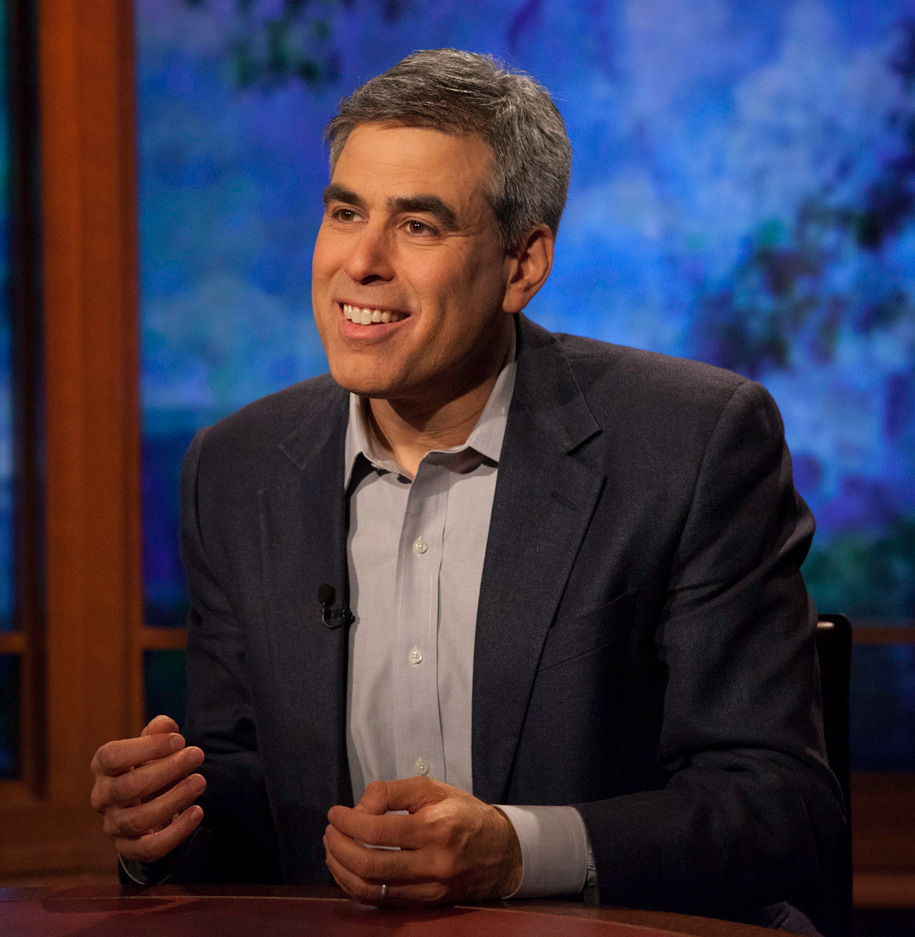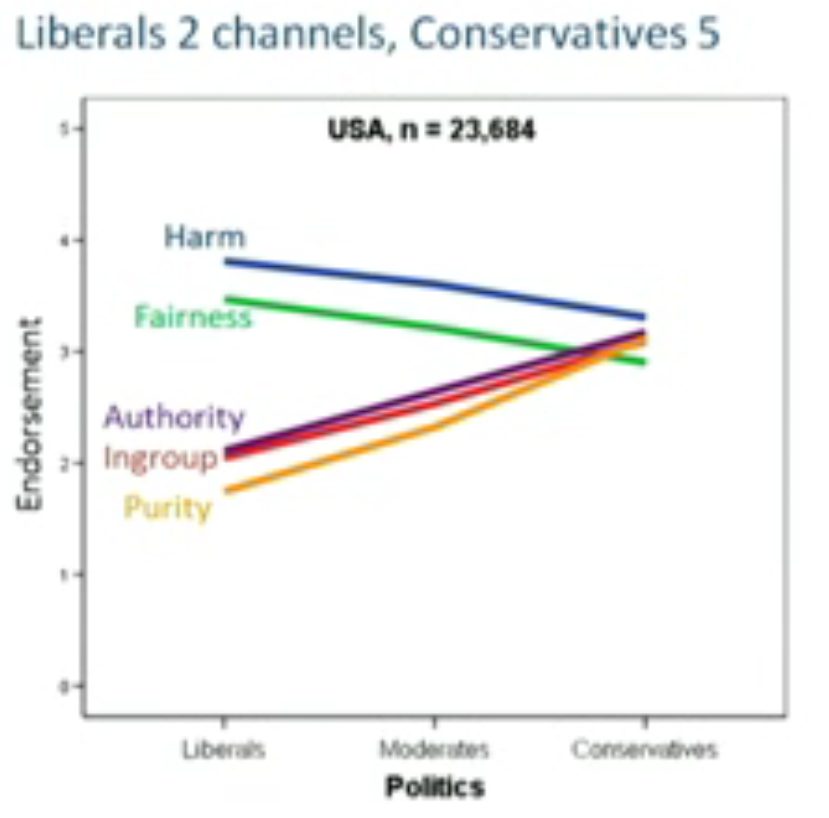My own interests here have tended to focus on the question of why people arrive at divergent ideas and can't easily reconcile with others of different ideas. It quickly becomes clear that a person's politics are tied to personality, which makes them particularly hard to move relative to politically neutral opinions.
Two authors in particular stand out as important to me. First, social psychologist Jonathan Haidt, who studies the moral beliefs underpinning political opinions. As an American he's embedded in a culture with a fairly stark division of two dominant ideologies, plus a significant minority of libertarian thinkers. Haidt posits there are certain basic moral concepts common to all people, of which he identifies five. According to his findings, people of different political orientations apply each moral concept in different proportions.
http://righteousmind.com/


Second, somewhat less well known is George Lakoff, professor of cognitive science and linguistics. He's attacked the problem starting from the competing language of American conservatives and progressives, formulating a theory that each perspective flows from a different moral model of a metaphorical family: that of the "nurturant mother" for Progressives and the "strict father" for Conservatives. There are really no people "in between" but people who apply different models to different situations. He stresses the discovery that people do not think in terms of mathematical logic but in metaphorical terms, and that each model 'frames' every discussion in vastly different ways. Again, his American perspective gives him a unique battleground to study. He finds that progressives and conservatives often use the same words in vastly different ways, where the word "freedom" is of particular interest. Always an pivotal concept in the American political tradition, he finds that liberals and conservatives viewing the concept through their own frames have very different understandings of what it means even though there is no overt discussion of it - even though conservatives are fighting to reframe the common understanding of freedom in their own terms. He's not surprised at how often prominent conservatives like Bush II repeated the word "freedom," and has a whole book on the subject.

Though both seem liberal themselves, Haidt tends to stress that each moral perspective offers something of value. Lakoff defends the "nurturant mother" model.


